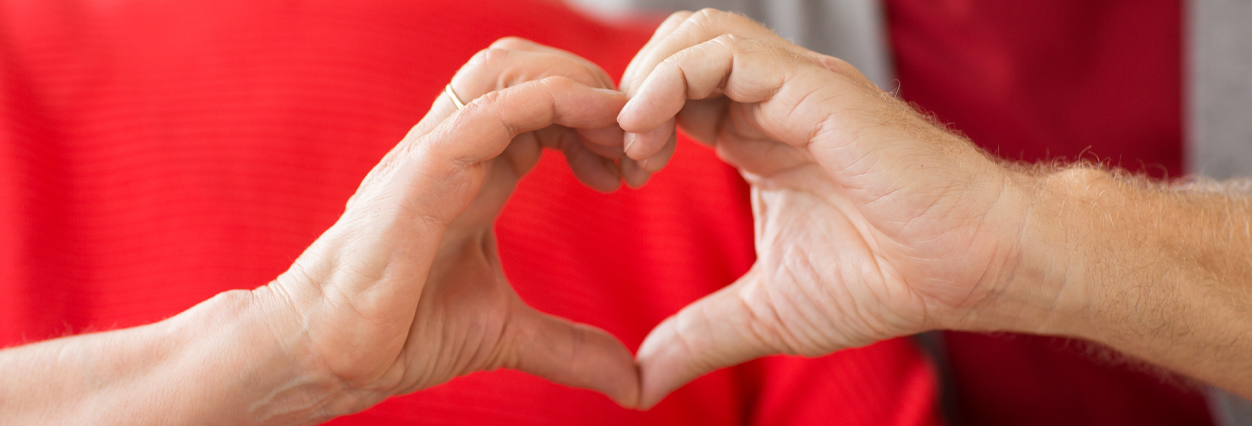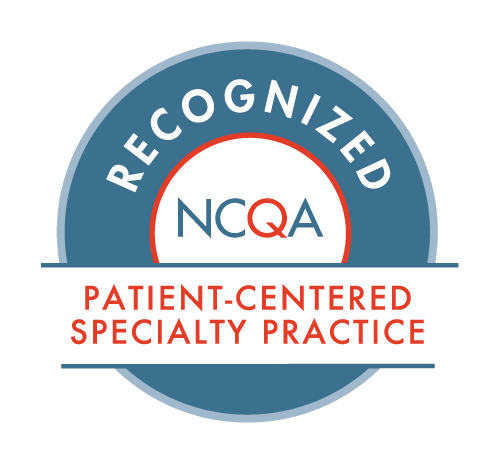Tips for Heart Health: Self-Care
- Posted on: Jan 22 2024
Heart disease is the number one cause of death in the U.S., where one person dies every 33 seconds from this serious condition. Fortunately, it is possible to prevent heart disease, even if you meet certain risk factors for it.
Taking good care of your heart is easier than you may think, especially if you’re ready to commit to practicing healthy lifestyle changes that can reduce your risk. February is American Heart Month. Take time this month to learn more about heart disease and about self-care tips you can practice to improve your heart health.
What Is American Heart Month?
American Heart Month was first declared in 1964 by President Lyndon B. Johnson, who suffered a heart attack in 1955 at the age of 47. The purpose of this observance is to raise awareness about the risks of heart disease and to educate yourself, your loved ones, and fellow community members about steps you can take to achieve better heart health. Self-care is essential to reducing the risk of heart disease, especially if you meet one or more of its risk factors.
What Causes Heart Disease?
Heart disease can be caused by one or a combination of risk factors, with the top factors being high blood pressure, high cholesterol, and smoking. Nearly half of all Americans meet at least one of these three key risk factors for heart disease.
Other common causes and risk factors of heart disease include:
- Obesity
- Diabetes
- Nutrition, particularly a diet high in trans and saturated fats
- Heavy alcohol use
- Genetics, or a family history of heart disease
- Lack of exercise
Self-Care Tips for Great Heart Health
If you’re ready to start practicing good self-care for your heart, you may be pleased to know that many behaviors that support a healthy heart will also benefit your general health and well-being.
In honor of American Heart Month, follow these self-care tips for better heart health:
- Exercise or be active for at least 30 minutes a day. Start slowly if you need to, such as by taking brisk walks or going on brief bicycle rides. Your cardiologist can talk to you about the best exercises to do if you are living with a heart condition.
- Prepare healthy meals using nutritious ingredients. Fruits, vegetables, fish, poultry, nuts, seeds, and whole grains are naturally low in sodium and unhealthy fats. For ideas on ways to improve your diet, refer to MyPlate guidelines from the U.S. Department of Agriculture.
- Get quality sleep every night. Aim to get between seven and eight hours every night. Examples of ways to improve your sleep hygiene include reading before bedtime, taking a warm bath, listening to relaxing music, and turning off the TV.
- Learn stress management techniques. Stress can worsen your blood pressure and increase the risk of heart disease. Find new, effective ways to manage and reduce stress, such as with yoga, meditation, or deep breathing.
- Stop smoking. Nicotine is a habit-forming substance that can be difficult to quit using, but many effective smoking cessation treatments can help, such as medications and nicotine replacement. If you need help quitting, ask your doctor about available treatment options. HCA’s Vascular Care Center also has its very own Nicotine Cessation Program.
- Use your medications as prescribed and see your doctor regularly. Your primary care physician or cardiologist can perform routine wellness checks and discuss new or alternate treatments that may work better for you.
Hunterdon Cardiovascular Associates (HCA) is committed to providing the highest quality of care in a patient-centered environment. Our offices are conveniently located in Flemington, Clinton, and Bridgewater. We have subspecialty centers available to ensure our patients receive the proper care for their condition. Contact HCA today at (908) 788-1710 to make an appointment with one of our cardiologists.
Posted in: Uncategorized



